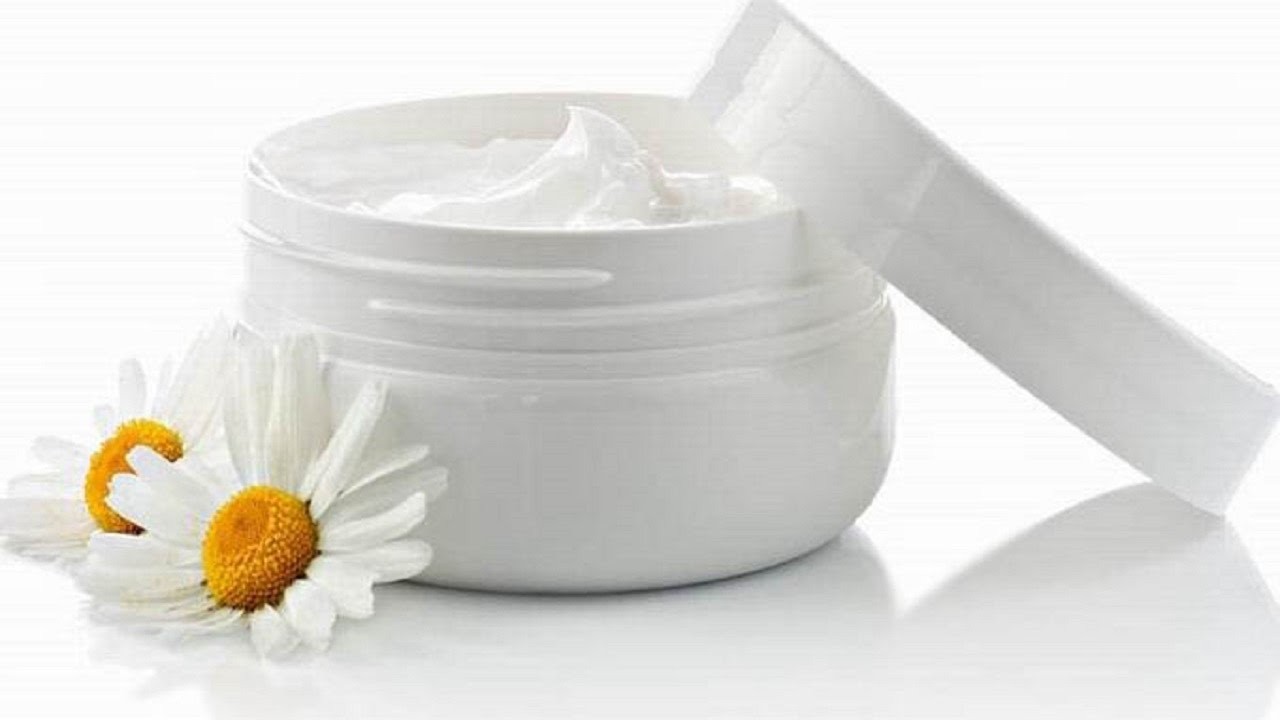Organic face creams have gained immense popularity in recent years, especially among those looking for natural and chemical-free skincare options. With a focus on ingredients derived from nature, organic face creams offer a gentle yet effective way to nourish and hydrate the skin without exposing it to harsh chemicals or artificial additives. In this guide, we’ll dive into what makes a face cream “organic,” explore the benefits of using organic face creams, and explain how they work for all skin types.
What Makes a Face Cream “Organic”?
An organic face cream is made from ingredients that are naturally derived and grown without the use of synthetic pesticides, fertilizers, or genetically modified organisms (GMOs). These creams are often free from harmful chemicals, synthetic fragrances, parabens, and sulfates, making them suitable for sensitive skin and those with a preference for cleaner beauty products.
Organic face creams are typically rich in plant-based ingredients such as aloe vera, chamomile, jojoba oil, and essential oils, which nourish and protect the skin without introducing toxins. Many organic products are also cruelty-free and environmentally sustainable, aligning with a holistic approach to beauty and wellness.
Benefits of Organic Face Creams
Choosing organic face creams can offer a range of benefits for your skin, including:
- Gentle on Skin: Since organic face creams avoid synthetic chemicals and artificial ingredients, they are often less irritating than conventional creams. This is particularly beneficial for individuals with sensitive skin who may experience redness, itching, or breakouts from harsh chemicals.
- Rich in Nutrients: Organic creams are packed with vitamins, antioxidants, and essential fatty acids, all of which promote skin health. For example, ingredients like shea butter and coconut oil contain high levels of vitamins A, E, and F, which help maintain the skin’s elasticity and repair damage from environmental exposure.
- Free from Toxins: Organic face creams don’t contain parabens, sulfates, and artificial fragrances that can clog pores and contribute to long-term skin damage. By choosing organic, you reduce exposure to these potentially harmful substances, supporting both skin health and overall well-being.
- Anti-Aging Properties: Many organic face creams are rich in antioxidants, such as vitamin C and green tea extract, which help protect the skin from free radicals and environmental stressors. These antioxidants can reduce signs of aging, such as fine lines, wrinkles, and age spots, giving the skin a youthful, radiant appearance.
- Environmentally Friendly: Organic skincare products are typically manufactured using eco-friendly practices, which are better for the environment. From sustainable sourcing to biodegradable packaging, organic skincare often aligns with responsible consumerism.
- Balances Oil Production: Unlike some chemical-based products that can strip the skin of its natural oils, organic creams work with the skin’s natural balance, helping to regulate oil production without clogging pores. This makes organic face creams ideal for both dry and oily skin types.
Do Organic Face Creams Work for All Skin Types?
Yes, organic face creams are designed to work effectively for all skin types, including dry, oily, sensitive, and combination skin. Here’s how they cater to various skin needs:
- For Dry Skin: Organic creams with rich emollients like shea butter, coconut oil, and argan oil provide deep hydration without clogging pores. These ingredients also help repair the skin’s natural barrier, preventing moisture loss and keeping skin soft and supple.
- For Oily and Acne-Prone Skin: Organic creams for oily skin are usually lightweight and contain natural ingredients like aloe vera, tea tree oil, and witch hazel that help regulate oil production. These ingredients are also antibacterial, which can reduce acne-causing bacteria and prevent breakouts.
- For Sensitive Skin: Organic face creams are ideal for sensitive skin because they lack synthetic fragrances and harsh chemicals that can trigger irritation. Ingredients like chamomile, calendula, and lavender oil are soothing and help reduce redness, making organic creams gentle and effective for delicate skin.
- For Combination Skin: Organic creams are often non-comedogenic, meaning they won’t clog pores, making them suitable for combination skin. Natural ingredients work to hydrate dry areas and balance oily zones, providing an even skin tone and texture.
Choosing the Right Organic Face Cream for Your Skin Type
When selecting an organic face cream, it’s essential to consider your specific skin needs:
Read Labels Carefully: Look for certified organic labels to ensure that you’re getting a truly organic product. Check for key ingredients like jojoba oil, rosehip oil, and green tea extract, which cater to various skin concerns.
- Patch Test: Even with organic products, a patch test can help determine if any ingredient may cause an adverse reaction. Apply a small amount to your inner wrist and wait 24 hours to see if irritation occurs.
- Consider Your Skin Goals: Whether you want a hydrating, anti-aging, or oil-balancing effect, look for products tailored to meet those specific needs. Many brands offer a range of organic face creams designed for different skin goals.
Experience the Benefits of Organic Face Creams with Mistic Health
At Mistic Health, we offer some of the best organic face creams in Pakistan, tailored to meet the diverse needs of all skin types. Our products are crafted with natural ingredients to ensure your skin receives the best care without exposure to harsh chemicals. Discover the benefits of organic skincare and choose a cream that supports your natural beauty. So explore our shop and get the perfect organic face cream now!

